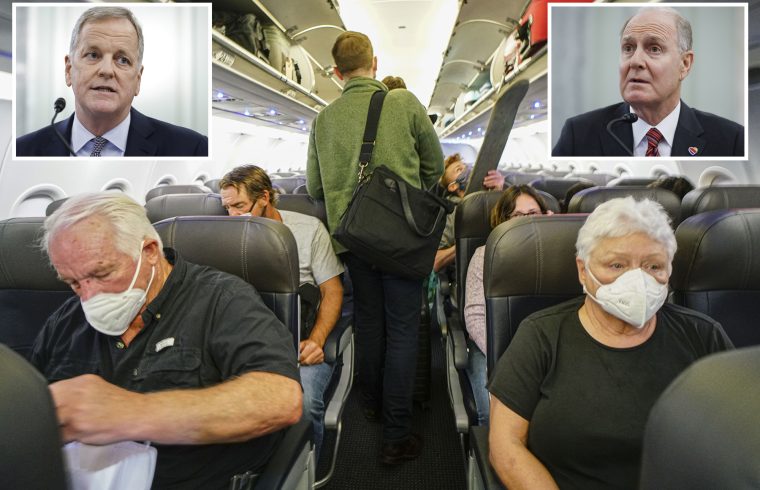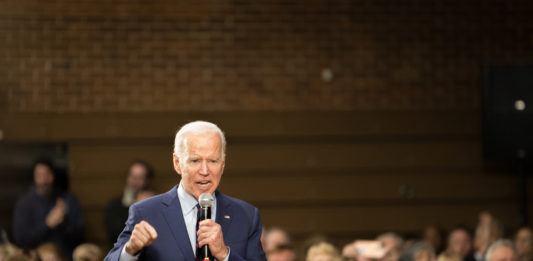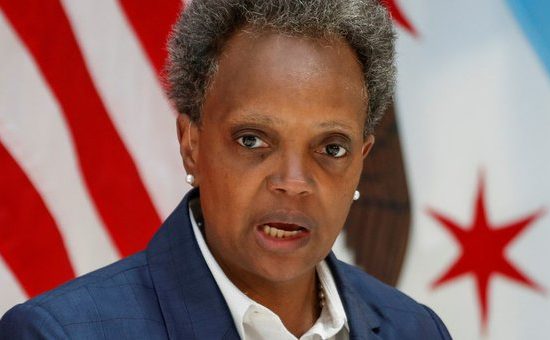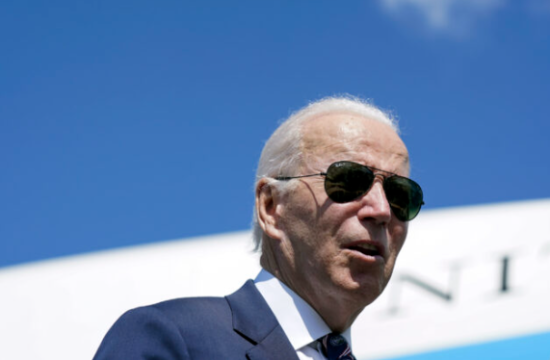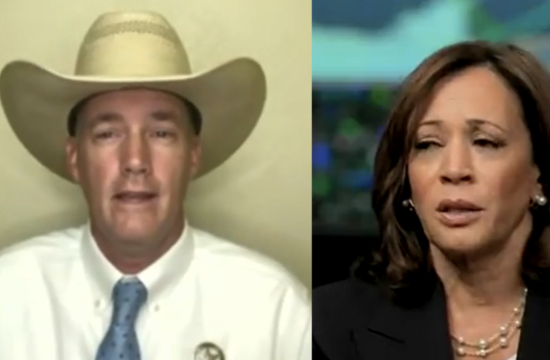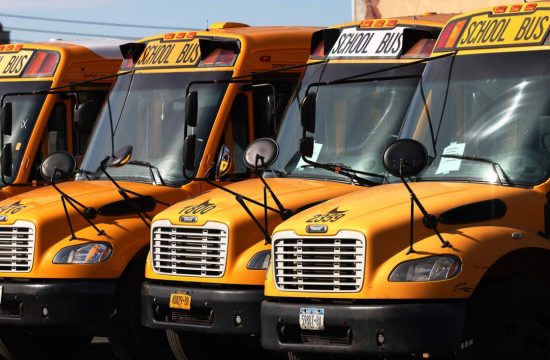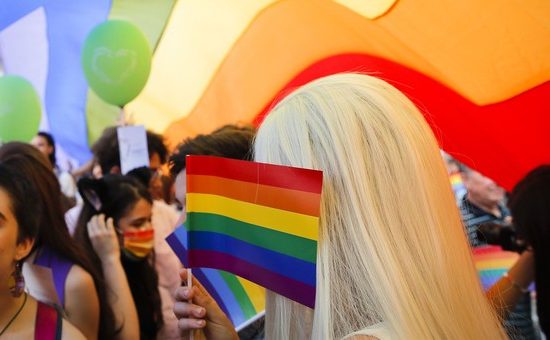Two CEOs of major airlines voiced their disapproval at the use of masks on planes, CNN reported.
At Wednesday’s Senate hearing, Doug Parker, CEO of American Airlines, and Gary Kelly (CEO of Southwest Airlines) made similar remarks about the financial support that the airline industry received during the ongoing pandemic.
All American airliners must have masks, per order from the federal government.
Kelly and Parker both stated that they believe that masks don’t make much difference in reducing the transmission of COVID-19. Kelly also said that airliners have the most advanced air filtration systems, making them the most secure place to be for coronavirus infections.
Sen. Roger Wicker (R.-Miss.), prompted the remarks. During the hearing
Wicker, a ranking Republican on Senate Committee on Commerce, Science and Transportation, asked if the CEOs of companies believed that airliners should be equipped with masks.
Kelly replied, “I think the case is very strong that masks don’t add much, if anything, in the air cabin environment. It is very safe and very high quality compared to any other indoor setting. “Parker added, “I concur. An aircraft is the safest place you can be. It’s true of all of our aircraft — they all have the same HEPA filters and air flow.”
Sara Nelson, President of the Association of Flight Attendants, argued against this and claimed that not all planes have the same air filtration system.
She stated, “It is important to recognize that the safe, controlled environment on planes … includes the HEPA filters that are not on all aircraft,”
Kelly and Parker announced previously that they will be retiring in 2022 from their respective positions.
In October, a Harvard University study concluded that flights carry a low risk for COVID-19 infection.
A portion of the report states, “With its focus on considerations aboard the aircraft, the phase one gate-to-gate report found that, through a layered approach to risk mitigation, the scientific evidence shows a low risk of SARS-COV-2 transmission on aircraft. The report provides evidence that it is possible to leverage technology and modify behavior to allow some near-normal activity while reducing the risks of disease transmission during the COVID-19 crisis.”
According to the report, “Analysis from the report shows that ventilation of air on aircraft reduces the possibility of exposure to COVID-19, lower than other common settings, such as a grocery store or indoor restaurant. This effectively counters the proximity travelers are subject to during flights. Because of the frequent exchange of air and HEPA filters on planes, over 99% of the particles containing the virus are removed from cabin air.”

